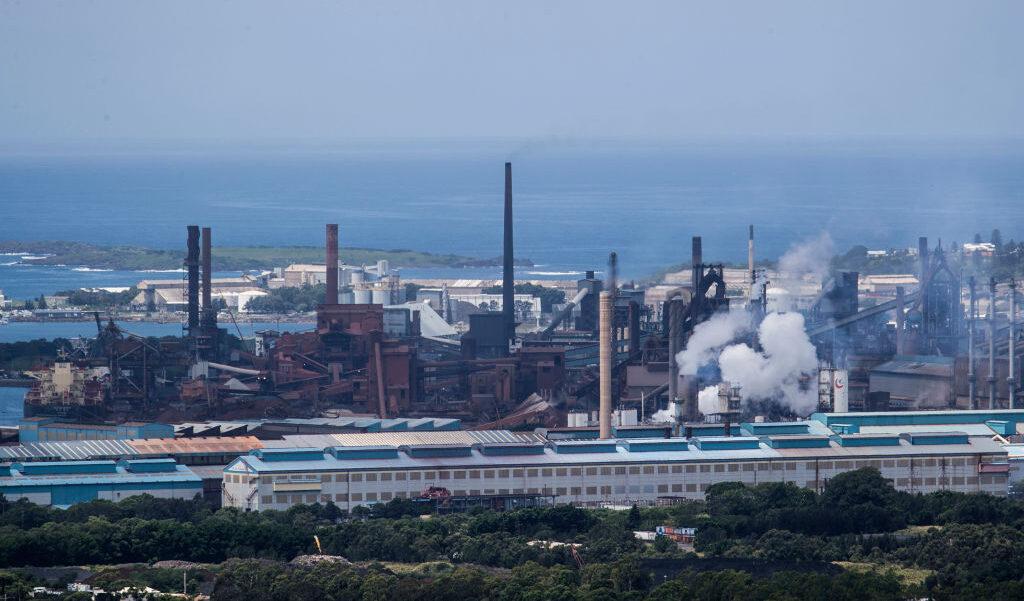Steelmaker Molycop has warned it could lay off 300 jobs—over half of its Australian workforce—if the Anti-Dumping Commission does not agree to raise tariffs on Chinese competitors.
President of Molycop’s Australian branch, Michael Parker, told The Australian that the company would consider ending local steel production and instead manufacture their products with cheap Chinese imported steel if their call for raised tariffs is rejected.





